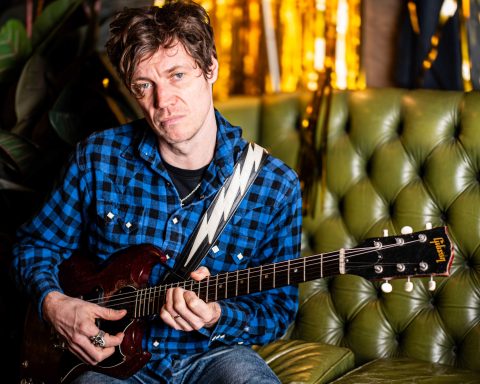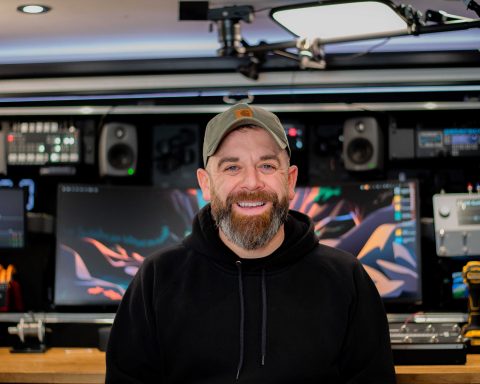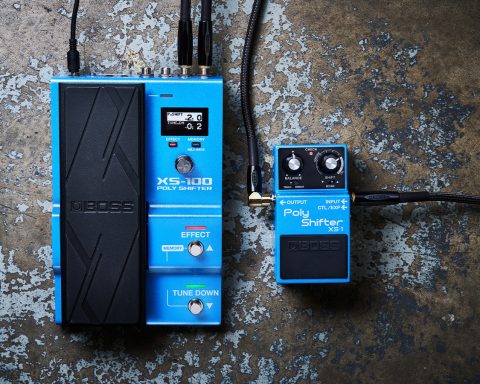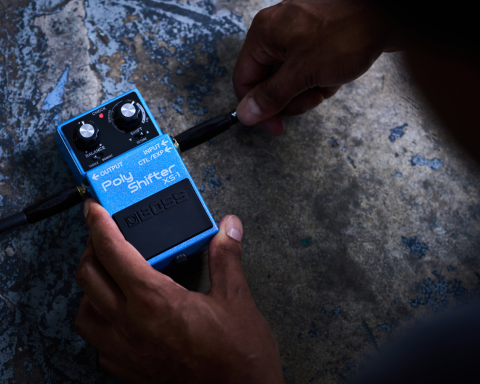John Browne of British progressive metal band Monuments has a low-key demeanor that belies his deft guitar chops. He also knows how to coax amazing tones out of every piece of guitar gear through which he plays. Browne’s YouTube channel riffhard prides itself on being the “world’s first rhythm-focused guitar tutorial website.” He got down and dirty with the BOSS HM-2W, putting it through a trio of heads and reporting back on his findings.
Prog Pro
Monuments’ three releases on Century Media Records are revered in prog metal circles. Before he tries out the HM-2W, Browne offers a lighthearted qualifier. “I’m probably the last guitar player that you’d ever think of using one of these,” jokes Browne referencing his band’s precision riffing. “That’s because it was pioneered in the dirtiest of dirty metal from the darkest of dark Scandinavia.”
NOTE: Video Language Warning
Valvestate Adventure
Browne begins his sonic exploration by putting the HM-2W in front of a Valvestate 8-100. He details the pedal’s celebrated history. “It’s used on tons of records, from Death to a lot of the Swedish bands—At the Gates and Entombed—even Meshuggah in the early days.” After trying out a running into the clean channel with mids cut and a little bit of bass and treble boost, Browen tries the HM-2W with controls dimed. “It reminds me of a more controlled fuzz,” he concludes.
"It reminds me of a more controlled fuzz. It's tight, percussive, and perfect for modern guitar sounds.” -John Browne
Browne then tries a more modern application: using the HM-2W as a boost in an overdrive channel. The results are a painful delight. “This sounds wicked,” Brown laughs. “I’m gonna turn it all the way down to make sure I don’t kill us.” In this more contemporary use case, the pointed nature of the HM-2W shines through. “It’s tight, percussive, and perfect for modern guitar sounds.” Ultimately, he’s more than a little impressed. “The Heavy Metal can make those thick riffs sound gross and disgusting in a really good way.”
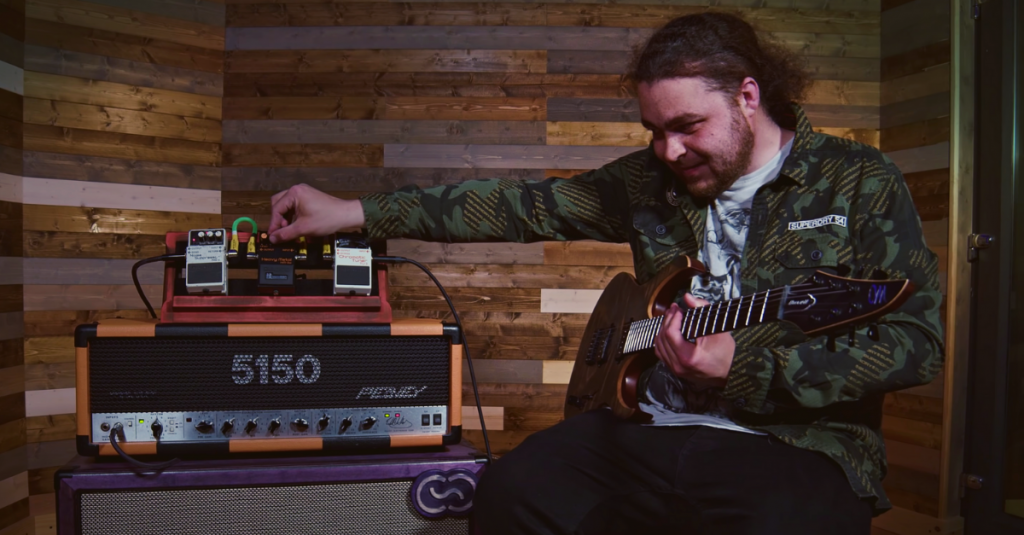
5150 Madness
Next up in line at Browne’s metal laboratory, is a modern classic: the 5150. The amp takes its name from the California police code for the “Detention of Mentally Disordered Persons for Evaluation and Treatment.” Indeed, a perfect sparring partner for the HM-2W. Browne praises the palm mute sound before issuing a warning. “It’s rattling the whole room. The HM-2W has so much gain that you just have to be careful.” In essence, the guitarist believes the Waza Craft reissue has an X factor. “It definitely adds chaos into the equation.”
"The HM-2W has so much gain that you just have to be careful. It definitely adds chaos into the equation.” -John Browne
Puretone Power
In terms of pure volume, Browne is visibly shaken by the specter of his next experiment. In the final segment of this HM-2W amp shootout, he tries the Puretone to see how the HM-2W reacts in front of a clean tube. “I’m a little bit scared of this one,” Browne admits. “This is, literally, the loudest amp on Earth.”
Again, the HM-2W delivers, pushing the head into the sonic stratosphere. “It’s vibrating itself. I can’t play it very long because it keeps moving, but it sounds wicked, completely different.” The combination of the delicate Puretone with the brutal HM-2 is an unlikely but potent one. “When you hit the note, it jumps out of the cab and retains that character with the HM-2W.”
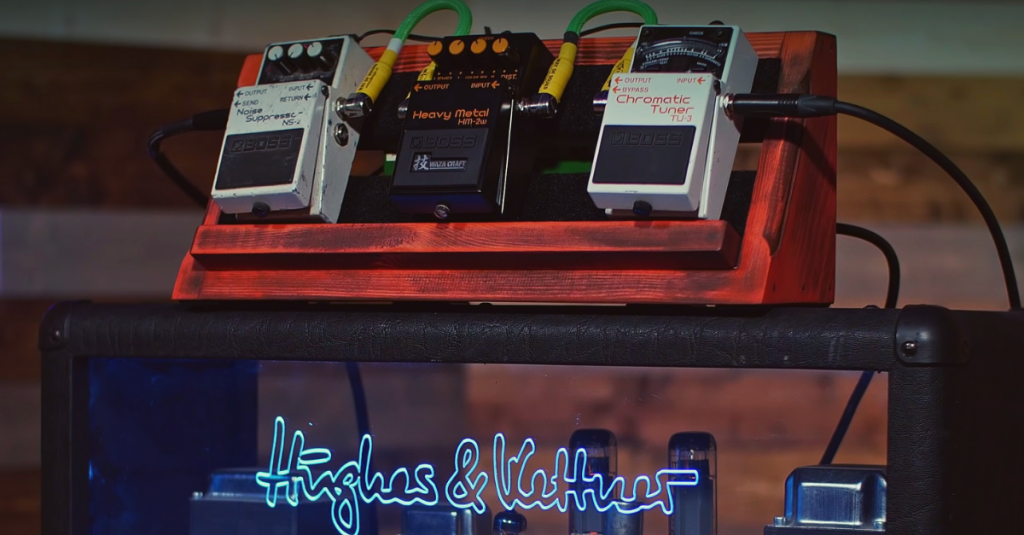
Heavy Conclusions
Browne’s overall takeaway of the HM-2W is that of an unexpectedly versatile distortion. “It reacts completely differently depending on what amp you’re putting it in front of,” he says. “Yes, there’s that Swedish death metal sound we all know and love, but the HM-2W has a lot more sounds in it.” He recaps some of the highlights of the Valvestate and Puretone before adding, that “the power of palm mutes on the 5150 sounded completely epic as well.”
“There’s that Swedish death metal sound we all know and love, but the HM-2W reacts differently depending on what you're putting in front of." -John Browne
The prolific player sees plenty of future opportunities for the pedal in his work. “I can see this becoming useful in the future for creating certain atmospheres with riffs,” he says. “It’s not a case of just adding it to your sound and trying to make it work. You have to write something for the HM-2W.”


